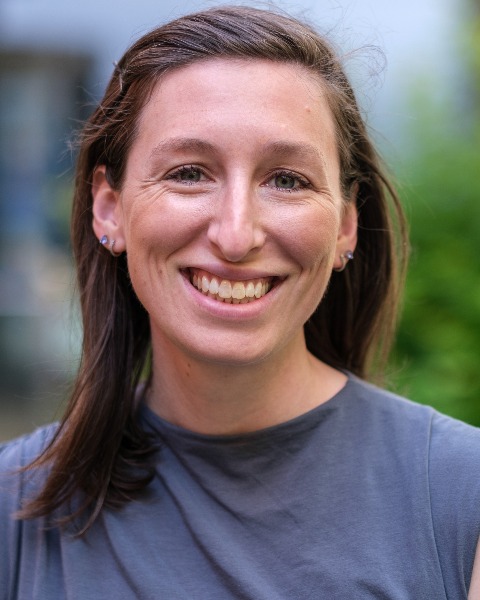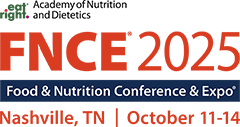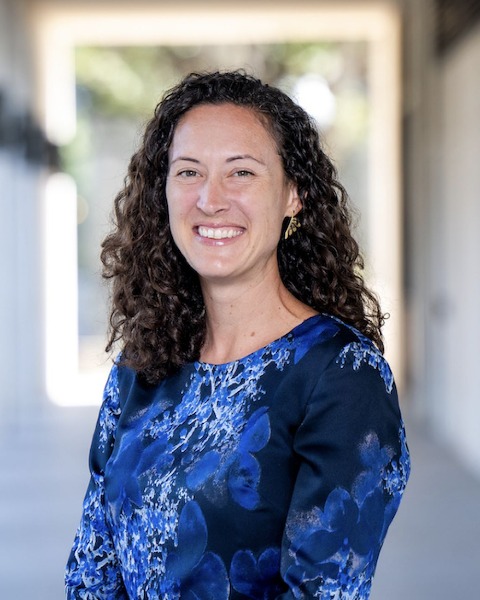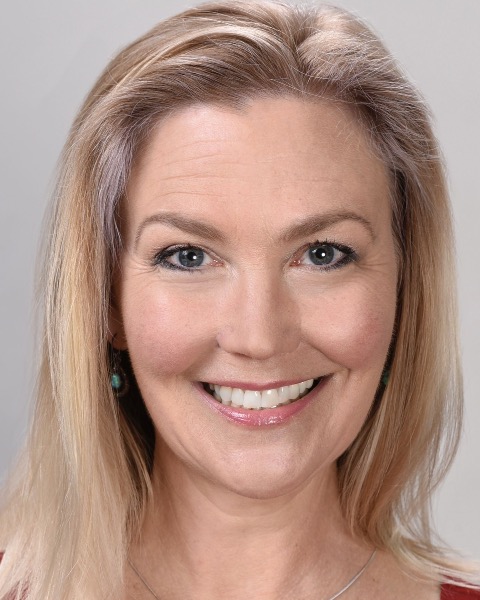
Cara Ruggiero
Research Associate and Career Development Fellow at University of Cambridge, University of Cambridge School of Clinical Medicine

Sunday, October 12, 2025
-
Music City Center, Room 202
Proficiency: Intermediate knowledge/experience
Track: Public Health & Community Nutrition
CPE: 1.5

Research Associate and Career Development Fellow at University of Cambridge, University of Cambridge School of Clinical Medicine

Assistant Professor in the Department of Nutritional Sciences, University of Texas at Austin

Director of Nutrition Programs/Associate Professor, University of South Florida, Tampa, Florida

CEO, Libby Mills Nutrition
Members of the Academy of Nutrition and Dietetics receive exciting benefits including complimentary continuing professional education opportunities, discounts on events and products in eatrightSTORE.org, invitations to exclusive members-only events and more!